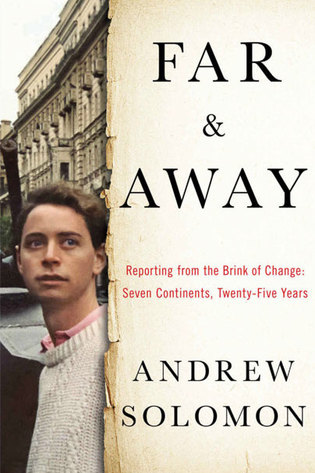 loading
loading
Arts & CultureReviews: July/August 2016Books by Andrew Solomon, Jeffrey Garten, and David Greenberg.  View full imageFar and Away: Reporting from the Brink of Change Sue Halpern ’77 is a Middlebury scholar-in-residence and author, most recently, of A Dog Walks into a Nursing Home: Lessons in the Good Life from an Unlikely Teacher. In pieces published over the years in the New Yorker and the New York Times Magazine, among others, Solom0n has always been a keen observer and a masterful writer. In Greenland he discovers the interior life of the Inuit, whose prohibition on talking about oneself is the cause of pervasive depression and suicide—not the long, isolating winters. In Rio, he brings readers into favelas and it feels like a dance party. In Rwanda, he sits quietly with women who were raped during the genocide and gives them a voice. It’s in the aggregate that these pieces shine. Here you can see a curious mind in motion, and map Solomon’s intellectual journey as if each piece of writing were a GPS coordinate along an unfolding path of a life’s work. He writes about art and politics in the Soviet Union, art and politics in Russia, art and politics in China, art and politics in South Africa—showing the ways in which culture is the agent of social change as well as its expression. Solomon is never a dispassionate observer, and the intimacy he establishes with his subjects lets readers tag along on his journeys, not as tourists, but as travelers, too.
|
|